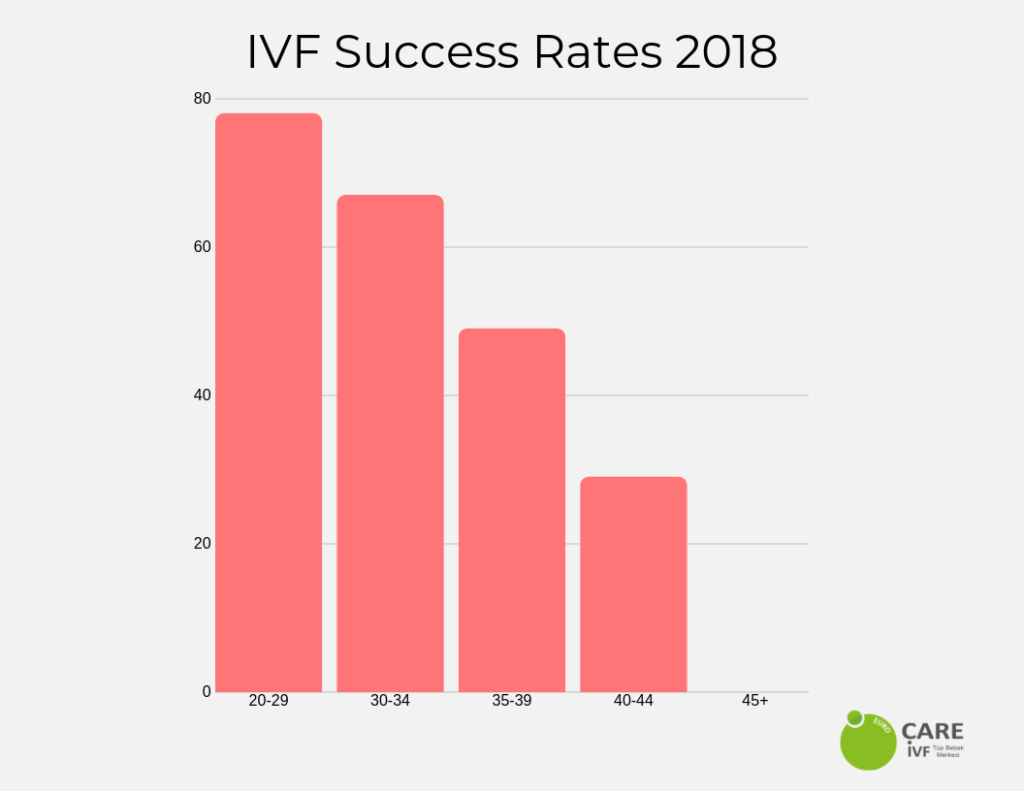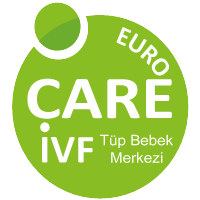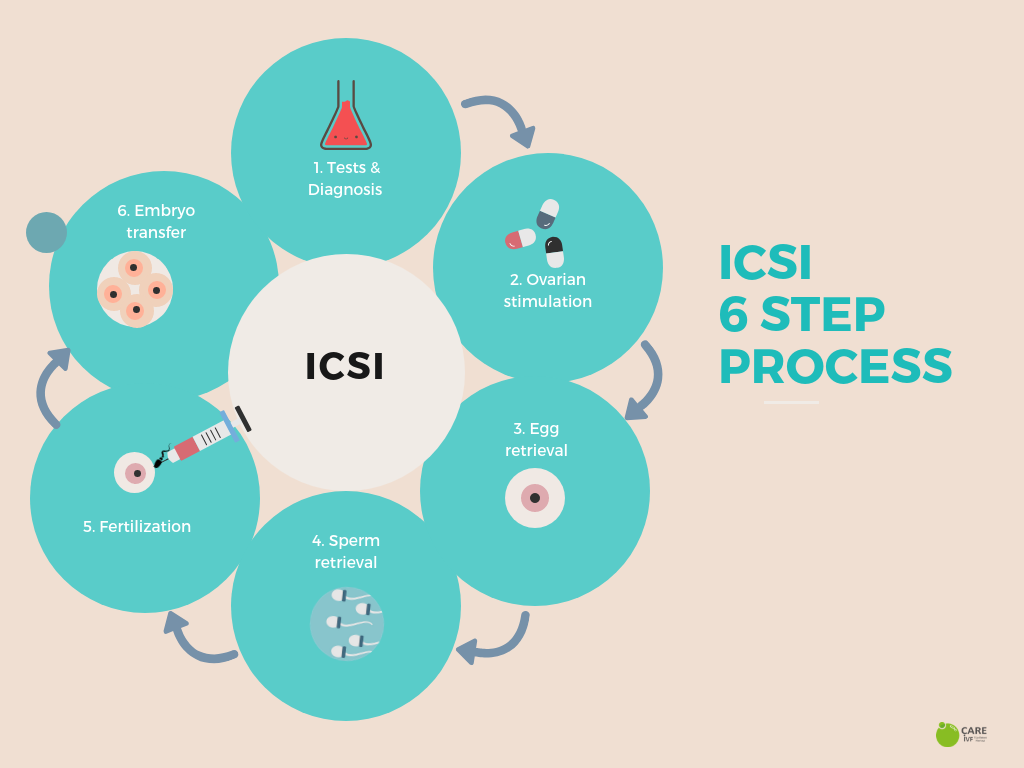 If you want to have a baby, but are struggling to get pregnant — IVF Cyprus is here to help. Fertility treatments are now more successful than ever in creating families.
If you want to have a baby, but are struggling to get pregnant — IVF Cyprus is here to help. Fertility treatments are now more successful than ever in creating families.
In fact, it’s estimated that over 8 million babies have been born worldwide as a result of IVF along with other ART (assisted reproductive technology) procedures.
So, what is IVF in Cyprus?
IVF (in vitro fertilization) is a type of assisted reproductive technology used to treat fertility or genetic problems and assist with the conception of a baby.
During IVF in Cyprus, mature eggs are retrieved from your ovaries and fertilized with your partner’s (or donor) sperm in a lab. Then the fertilized eggs (now called embryos) are transferred to your uterus. Two weeks post transfer you will need to take an hCG test to check whether the procedure worked.
How is IVF in Cyprus carried out?
IVF in Cyprus is a complex series of procedures that takes about 20 days. The process of IVF involves the following steps:
Ovarian Stimulation
For IVF with own eggs, daily doses of synthetic hormones are administered to stimulate your ovaries to produce multiple eggs. Some eggs may fail to fertilize with the sperm or not all embryos will be good for transfer. Having multiple eggs increases the chance for positive results with IVF in Cyprus.
Egg Retrieval
Egg retrieval is performed 34 to 36 hours after the final hCG injection and before ovulation starts. Before the retrieval, you will be under sedation that will keep you asleep during the procedure. The eggs are collected from the ovaries using ultrasound-guided aspiration.
Sperm Retrieval
On the same day of the egg retrieval, your partner will provide a sperm sample for fertilization. The sperm sample is processed and analyzed for abnormalities in shape, motility and count. Only the healthy, motile sperm will be selected for fertilization. Alternatively, you may need to use donor sperm, which will be provided before the procedure starts.
Fertilization
Fertilization takes place in a lab using an ICSI (Intracytoplasmic Sperm Injection) Cyprus method. This advanced technique allows individual sperm cells to be injected directly into each collected egg. After processing the sperm sample, only the best sperm will be selected and inserted into the eggs.
Embryo Transfer
The embryo transfer is the last step in the IVF process. The success of IVF Cyprus may depend on the embryos and their ability to implant in the uterus. If the procedure is successful, the embryo will implant into the lining of your uterus on the sixth to the tenth day from the egg retrieval.
Dos and Donts After Embryo Transfer
Bed rest is advised while at the clinic after the embryo transfer is performed. Once you leave the clinic, you may resume your daily activities. You can do some mild exercises such as walking or light jogging. You should avoid strenuous activities. You can try relaxation techniques such as yoga and Tai Chi.
It is recommended to avoid sexual intercourse until you get your pregnancy test result. It is important to avoid baths (tub baths, swimming pool, beach) to protect yourself from potential infections. In order to maintain adequate hydration and to help regulate cell hydration, which is essential for proper cell functioning.
Regarding medications, the doctor will provide instructions concerning the type and dosage of the medication to be used until the pregnancy test.
IVF Pregnancy
You may wonder how IVF pregnancy differs from a natural pregnancy. As it turns out, both IVF and natural pregnancy are pretty similar in terms of risks and complications.
The good news for parents undergoing IVF in Cyprus is that a pregnancy achieved through the assisted reproductive technology is not necessarily considered high risk. But women who conceive via IVF may have one or more existing medical conditions that may put the health of both babies and mothers at risk.
IVF Cyprus Success Factors
Measurable indicators that determine the success with IVF Cyprus are:
- Antral follicle count. The follicle count is directly associated with live birth rates in IVF. A study showed that there is a positive correlation between AFC and pregnancy and live-birth rates. This study also suggests that women with PCOS (polycystic ovaries syndrome) have higher chances of getting pregnant with higher AFC. The follicle count depends on a woman’s age. Age has been shown to be an important factor in predicting IVF success. The chances of IVF success declines dramatically after the age of 42.
- Anti-Müllerian hormone (AMH) levels – AMH regulates egg production and is a good indicator of the ovarian reserve. AMH is not found to be a defining factor in younger women but is relevant in those over 35 years.
- Sperm quality determines the chances for a healthy pregnancy too. Sperm quality is determined based on three factors: motility, shape, and count.
- DNA fragmentation is affected by advanced maternal age and semen quality. These and other factors have a negative effect on the DNA of embryos. This can further lead to chromosomal abnormalities, which if present either in the egg or semen may affect pregnancy success.
- Women with FMR1 genotypes have significantly lower chances for pregnancy with IVF. FMR1 is a human gene that is essential for normal cognitive development and female reproductive function.
- Progesterone elevation (PE) refers to a progesterone level above 0.8 ng/ml on the day of induction of final maturation. In fresh IVF cycles, PE may decrease your chance of achieving pregnancy. Progesterone elevation does not seem to affect pregnancy rates in IVF using frozen or donor eggs.
- An endometrial thickness (EMT) of 7 mm is considered optimal for the implantation of the embryo. EMT may cause implantation failure or miscarriage.
- Factors such as body weight, smoking, drinking, and drug use can all influence the chances for pregnancy. Smoking is detrimental to fertility in both men and women and should be avoided during the IVF process. When a woman is over or under weight, it may also have a significant influence on success from the absorption of fertility medicines to the ability to carry a baby to term.
Cyprus IVF Success Rates
IVF success rates are the percentage of all IVF procedures that result in a favorable outcome. The success rates for IVF in Cyprus are calculated by dividing the number of favorable results (number of pregnancies) by the number of procedures performed (number of cycles).
The cumulative effect of three full cycles of IVF increases the chances of a successful pregnancy to 45-53%.
IVF Success Rates at euroCARE IVF
At euroCARE IVF, 8 out of 10 patients are achieving a positive pregnancy result. The pregnancy IVF success rate for women under 35 who start an IVF cycle is >65%. However, women over the age of 42 have a 4% success rate. If the woman has a low ovarian reserve or no longer produces good-quality eggs, IVF with donor eggs may be advised.
The success rates of IVF with own eggs at euroCARE IVF in 2018 were as follows:

Conclusion
Knowledge is power when it comes to infertility. The more you learn about the causes of your infertility and the specific IVF success factors, the more control you will feel about high-tech treatments that help you get pregnant and start a family.Resources:
https://www.ncbi.nlm.nih.gov/pubmed/21880276
https://www.ncbi.nlm.nih.gov/pubmed/28479752
https://en.wikipedia.org/wiki/Advanced_maternal_age
https://en.wikipedia.org/wiki/Semen_quality
https://en.wikipedia.org/wiki/FMR1
https://en.wikipedia.org/wiki/Cumulus_oophorus

